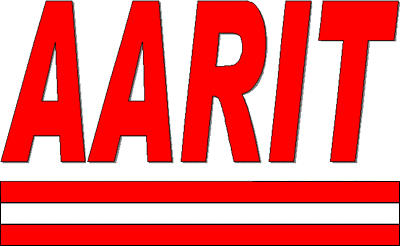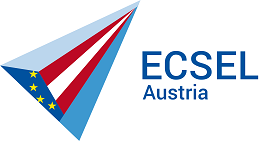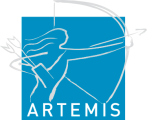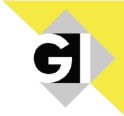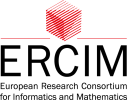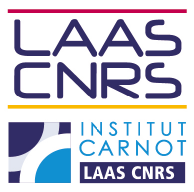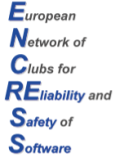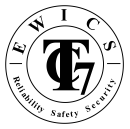ASSURE 2016
ASSURE 2016
4th International Workshop on Assurance Cases for Software-intensive Systems
Software plays a key role in high-risk systems, e.g., safety-, and security-critical systems. Several certification standards/guidelines now recommend and/or mandate the development of assurance cases for software-intensive systems, e.g., defense (UK MoD DS-0056), aviation (CAP 670. FAA Interim Guidance 08-01), automotive (ISO 26262), and healthcare (FDA Guidance 510(k) for Pre-market Approval of Infusion Pumps). As such, there is an urgent need to develop models, techniques and tools that target the development of assurance arguments for software. The goals of the 2016 Workshop on Assurance Cases for Software-intensive Systems (ASSURE 2016) are to:
- Explore techniques for creating/assessing assurance cases for software-intensive systems;
- Examine the role of assurance cases in the systems and software engineering lifecycle;
- Identify the dimensions of effective practice in the development and evaluation of assurance cases;
- Investigate the relationship between software reliability engineering (SRE) and assurance cases, and
- Identify critical research challenges and define a roadmap for future development.
We solicit high-quality contributions (research, practice, tools and position papers) on the application of assurance case principles and techniques to assure that the dependability properties of critical software-intensive systems have been met. Papers should attempt to address the workshop goals in general.
See also the workshop Website.
Topics of Interest
ASSURE 2016 will solicit papers in the following broad areas, which we believe are directly related to assurance cases for high-dependability systems:
- Assurance and certification issues in emerging paradigms, e.g., adaptive and autonomous systems, including self-driving cars, unmanned aircraft systems, complex health care decision making systems, etc.
- Standards: Industry guidelines and standards are increasingly recommending/requiring the development of assurance cases, e.g., the automotive systems standard ISO 26262 and the FDA Guidance 510(k) for Infusion Pumps.
- Dependable architectures: How do fault-tolerant architectures and design measures such as diversity and partitioning relate to assurance cases?
- Safety and reliability analysis: What are the relationships between analysis techniques (e.g., Fault Tree Analysis/Markov Modeling) and the assurance case paradigm?
- Tools: The use of output from software engineering tools (testing, formal verification, code generators) as evidence in assurance cases or use of software engineering tools for the modeling, analysis and management of assurance cases. More generally, the role of formal verification in the wider context of assurance.
- Application of formal techniques for the creation and analysis of arguments.
- Modeling and meta-modeling: Representation of structured arguments through meta-models, such as OMG’s Structured Assurance Case Meta-model (SACM).
- Assurance of quality attributes, e.g., safety, security and maintainability as well as dependability in general, including tradeoffs, and exploring notions of the quality of assurance cases themselves.
- Domain-specific assurance issues, in domains such as aerospace, automotive, rail, healthcare, defense and power.
- Reuse and modularization: contracts and patterns for improving the reuse of assurance case structures.
- Connections between the Goal Structuring Notation for assurance cases and goal-orientation from the requirements engineering community [10].
Submission Guidelines
Papers will be peer-reviewed by at least three members of the program committee. Accepted papers will be published in the SAFECOMP 2016 Workshop Proceedings, to be published by Springer, in the Lecture Notes in Computer Science (LNCS) Series.
- All papers must be original work not published, or in submission, elsewhere.
- All papers should be submitted only in PDF. Please verify that papers can be reliably printed and viewed on screen before submitting.
- Papers should conform to the LNCS paper formatting guidelines.
- Regular (research or practice) papers can be up to 12 pages long including figures, references, and any appendices.
- Tools papers can be up to 10 pages long including figures, references and any appendices.
- Note: Authors of accepted tools papers will be expected to give a demonstration of the tool(s) at the workshop, i.e., no screenshots.
- Position papers can be between 4 and 6 pages long, including figures, references, and any appendices.
- Submit your paper electronically by May 17, 2016
- All papers should be submitted through Easychair
Important Dates
- Full paper submission: 17 May 2016
- Notification of acceptance: 07 June 2016
- Camera-ready submission: 20 June 2016
- ASSURE 2016 Workshop : 20 September 2016
- SAFECOMP 2016 : 20-23 September 2016
Organizers
Ewen Denney, SGT / NASA Ames, USA
Ibrahim Habli, University of York, UK
Ganesh Pai, SGT / NASA Ames, USA
Program Committee
See the workshop Website.







